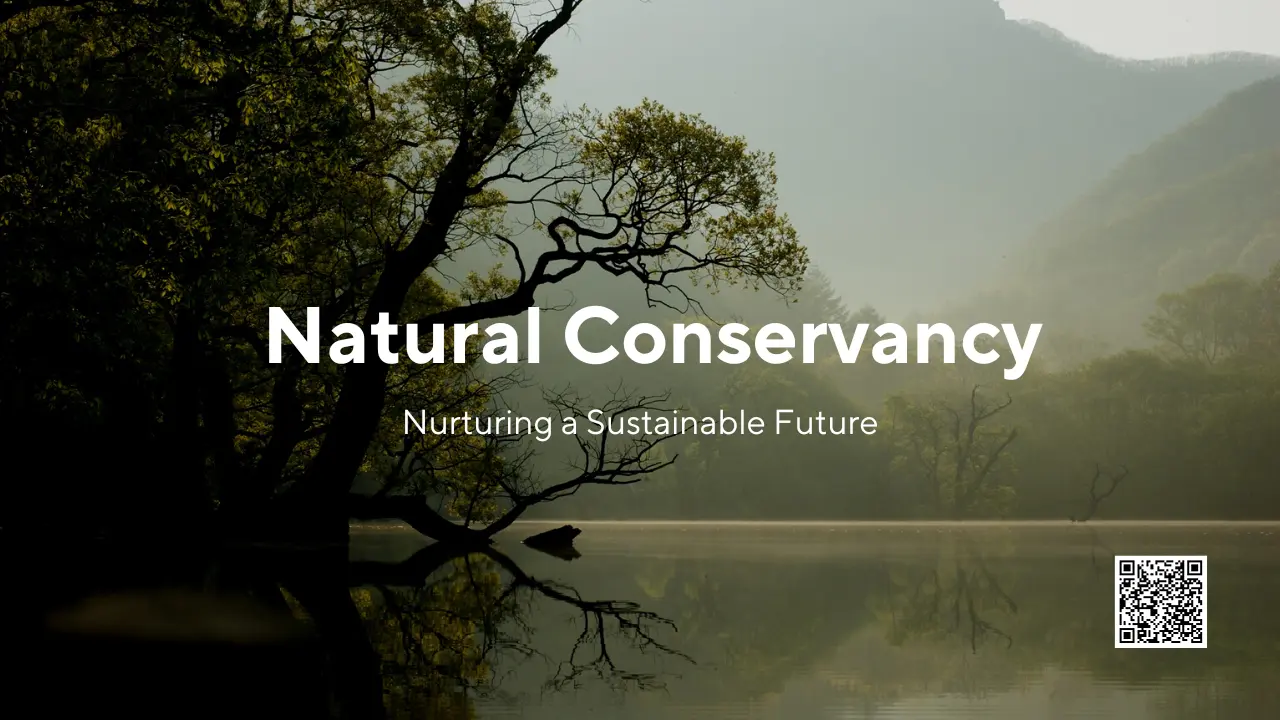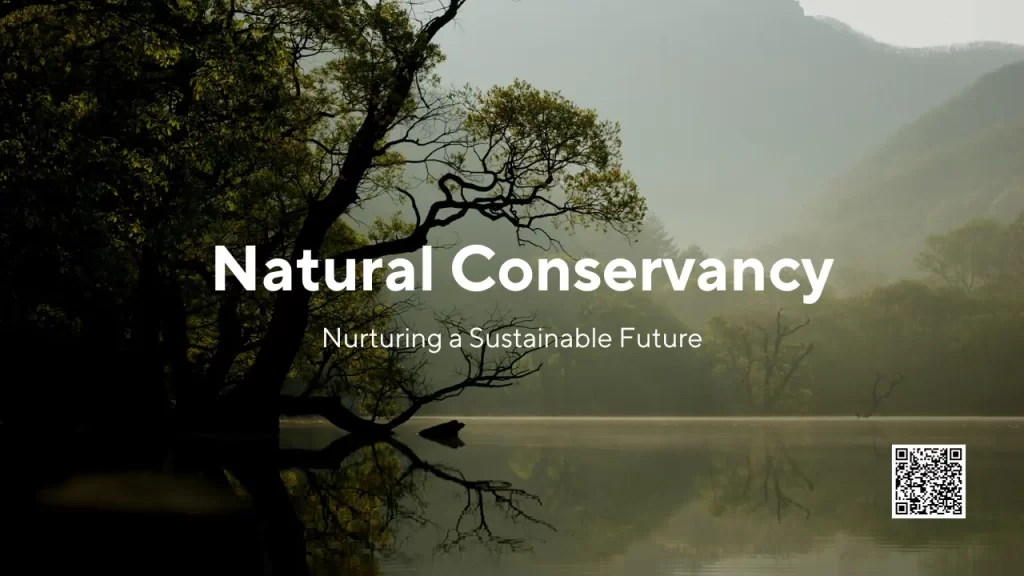Nature
The Nature Conservancy: Nurturing a Sustainable Future


Introduction:
In a world facing unprecedented environmental challenges, organizations like The Nature Conservancy (TNC) play a crucial role in safeguarding the planet’s biodiversity and promoting sustainable practices. Established in 1951, The Nature Conservancy is a global non-profit organization dedicated to preserving the diversity of life on Earth by protecting the lands and waters that sustain it.
Mission and Values:
At the heart of The Nature Conservancy’s mission is the belief that nature provides the foundation for human existence, and by conserving natural spaces, we can ensure a healthier and more sustainable future for all. The organization operates on the principles of science-driven solutions, collaborative partnerships, and a commitment to inclusivity.
Conservation Strategies:
TNC employs a multifaceted approach to conservation that includes the protection of critical habitats, the restoration of degraded ecosystems, and the promotion of sustainable resource management. The organization works with communities, governments, and businesses to develop innovative and science-based solutions that balance the needs of both nature and people.
Land and Water Conservation:
One of TNC’s primary strategies involves acquiring and managing lands and waters of significant ecological importance. By establishing and maintaining preserves, the organization ensures the protection of vital ecosystems, which in turn safeguards endangered species and preserves biodiversity. TNC’s work often involves the purchase of key properties, followed by sustainable management practices that allow ecosystems to thrive.
UNDERSTANDING THE COMPLEX FACTORS BEHIND CLIMATE CHANGE
Climate Change Mitigation:
Recognizing the urgent need to address climate change, TNC is actively involved in projects that contribute to carbon sequestration and reduce greenhouse gas emissions. The organization promotes practices such as reforestation, sustainable agriculture, and the protection of carbon-rich habitats to mitigate the impacts of climate change on vulnerable ecosystems.
Sustainable Resource Management:
TNC collaborates with local communities and businesses to promote sustainable resource management practices. By working with stakeholders, the organization aims to find solutions that support both the livelihoods of people and the health of ecosystems. This approach ensures that conservation efforts are not only effective in protecting nature but also considerate of the needs of communities that depend on these resources.
Global Impact:
The Nature Conservancy’s impact extends far beyond national borders. With a presence in over 70 countries, the organization addresses global challenges that require international cooperation. TNC’s global reach allows it to tackle issues like deforestation, marine conservation, and sustainable development on a scale that matches the interconnected nature of the planet’s ecosystems.
Innovation and Technology:
TNC embraces cutting-edge technologies and scientific research to enhance its conservation efforts. From employing satellite imagery for monitoring landscapes to utilizing data analytics for more informed decision-making, the organization harnesses the power of innovation to address complex environmental challenges.
Partnerships and Community Engagement:
A cornerstone of The Nature Conservancy’s success lies in its ability to forge partnerships with diverse stakeholders. Recognizing that conservation is a collective effort, TNC collaborates with governments, indigenous communities, businesses, and other NGOs. This inclusive approach ensures that local knowledge is integrated into conservation strategies and that initiatives are culturally sensitive and tailored to the specific needs of the communities involved.
Engaging local communities is crucial for the long-term success of conservation efforts. TNC places a strong emphasis on empowering communities to become stewards of their natural resources. This not only helps in the sustainable management of ecosystems but also ensures that the benefits of conservation extend to those directly dependent on these resources for their livelihoods.
Advocacy and Policy Influence:
Beyond on-the-ground conservation work, The Nature Conservancy is actively engaged in advocacy and policy initiatives. The organization recognizes the importance of influencing governmental policies and international agreements to create a more favourable environment for conservation. By leveraging its scientific expertise and collaborating with policymakers, TNC strives to shape legislation that promotes sustainable practices, protects critical habitats, and addresses the root causes of environmental degradation.
Education and Outreach:
TNC places a premium on education and public outreach to raise awareness about the importance of conservation. Through educational programs, workshops, and public campaigns, the organization seeks to inspire individuals to become advocates for nature. By fostering a deeper understanding of the interdependence between humans and the environment, TNC aims to cultivate a global community that values and actively participates in the protection of the planet.
Adaptive Management and Learning:
Conservation is a dynamic and evolving field, and TNC embraces a culture of adaptive management. The organization continually assesses the effectiveness of its strategies and projects, learning from both successes and failures. This commitment to learning allows TNC to refine its approaches, integrate new scientific findings, and respond effectively to emerging environmental challenges.
Challenges and Future Outlook:
While The Nature Conservancy has achieved significant success in its mission, numerous challenges persist. Rapid urbanization, climate change, and the loss of biodiversity continue to threaten ecosystems globally. TNC recognizes the need for continued innovation, increased collaboration, and scaling up successful conservation models to address these challenges effectively.
As we move forward, the role of organizations like The Nature Conservancy becomes increasingly vital. With a commitment to science, collaboration, and community engagement, TNC exemplifies how a holistic and inclusive approach to conservation can lead to lasting positive impacts. In a world where the health of the planet is inseparable from the well-being of its inhabitants, The Nature Conservancy stands as a beacon, guiding us toward a harmonious and sustainable future.
